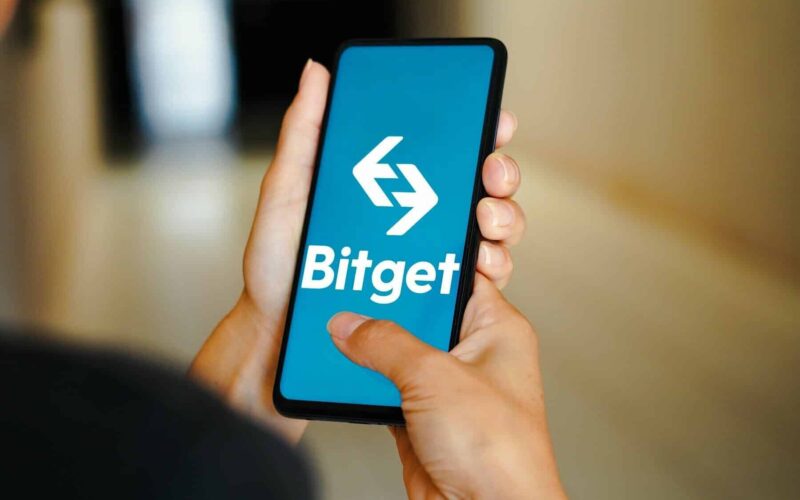Popular meme coin Floki has accused Bitget of listing a fake version of the TokenFi token and engaging in deceptive trading practices. On October 18, Floki initiated a DAO proposal to launch the Floki staking program and a reward token aimed at targeting the trillion-dollar tokenization industry, the project said in a recent post on X (formerly Twitter).
Floki said, at the time, it requested all exchange partners, including Bitget, to refrain from listing TokenFi until seven days after the token’s official launch, as they intended to conduct a DAO vote to approve the listing. “Bitget, the smallest of all the exchanges we had a conversation with, went behind our backs to announce a listing as soon as we announced the details of the token launch due to the hype they saw around it,” the meme coin wrote.
The project said that Bitget even listed a fake version of the TokenFi token 12 minutes before the official trading commencement on the blockchain, claiming that this can be verified by examining the trading start times of Bitget and the official launch.
In response, Floki released three statements within a 24-hour period, clarifying that no exchange was authorized to list TokenFi. These warnings received significant visibility, with nearly 300,000 views on Twitter. Despite the repeated warnings, some individuals engaged in trading the counterfeit token listed by Bitget, resulting in a trading volume of around $50 million on their platform within 48 hours.
However, the issue was that Bitget did not have “a single unit of the actual token in any of their wallets to represent user purchase of these tokens on their exchange,” Floki said.
Bitget’s Withdrawal Delays and Financial Deficit
Bitget initially announced that withdrawals would open 24 hours after trading for TokenFi began. However, the exchange continued to delay withdrawals before eventually delisting the token citing liquidity issues. According to Floki, after communicating with Bitget, they discovered that the exchange required up to 1 billion TokenFi tokens, worth around $20 million, to fulfill user withdrawal requests and rectify their financial deficit.
It became evident that Bitget had facilitated the purchase of TokenFi tokens worth millions of dollars without possessing any reserves to meet users’ withdrawal demands. “Instead, Bitget offered to buy the tokens they needed to fill their hole from the TokenFi treasury at a 90% DISCOUNT from the market price at the time of our conversation,” Floki said.
















